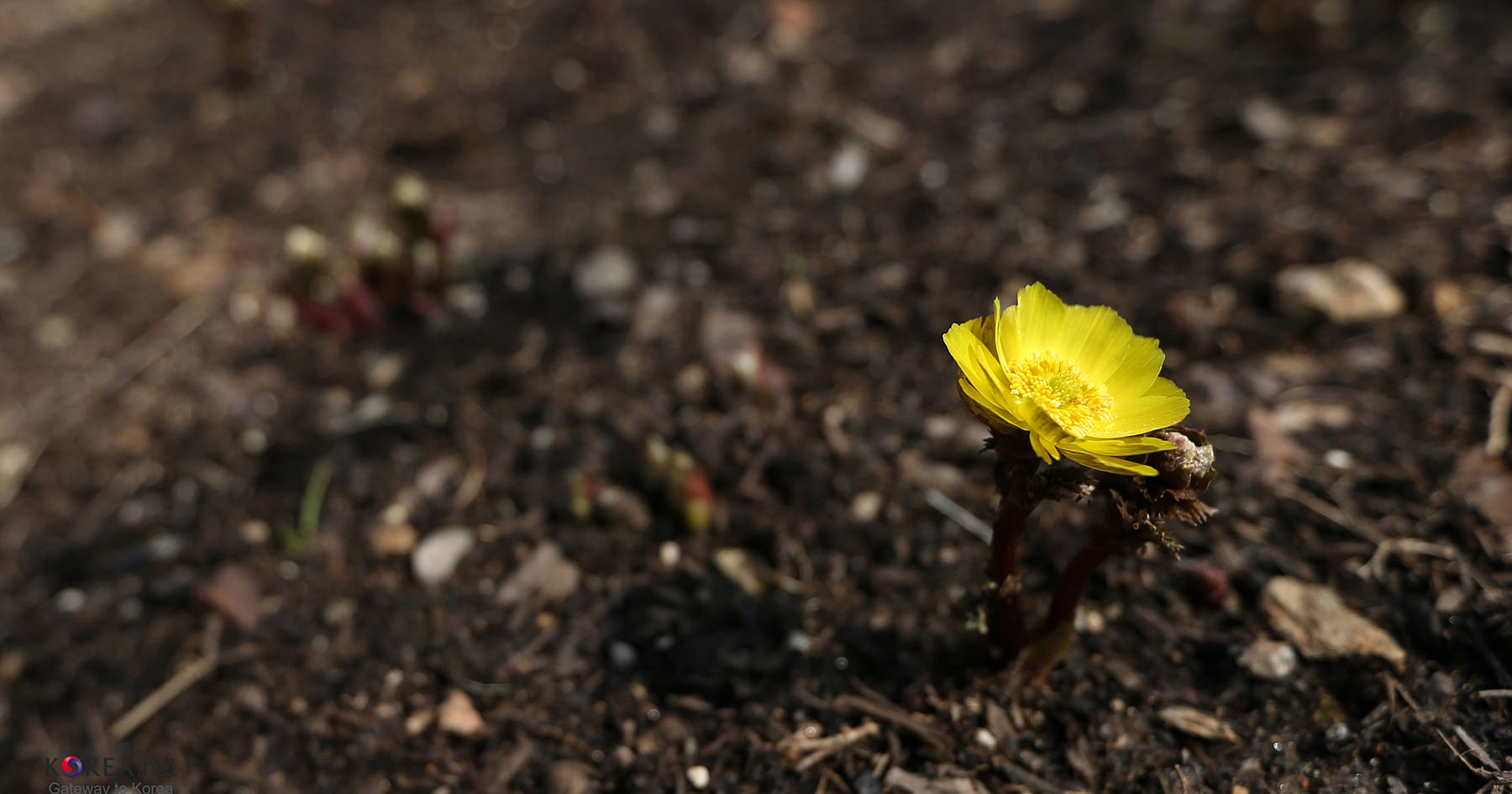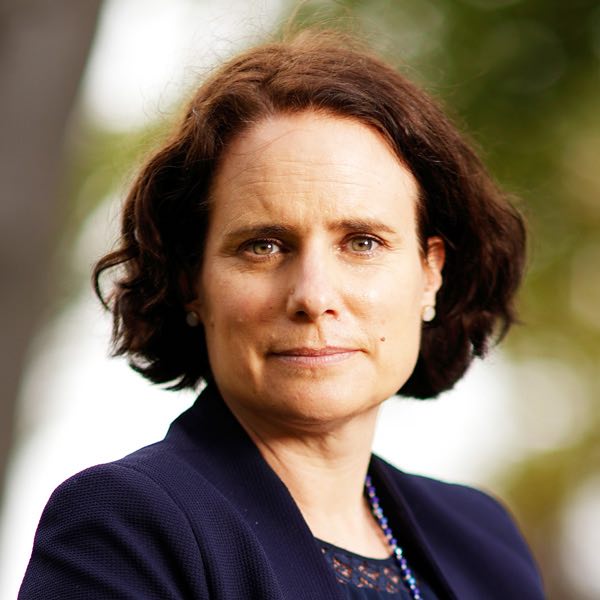I was heartened by how many of you have responded positively to my charge at synod in which I said that “the future is not going to look like the past.” There seems to be broad acceptance that this is indeed true, and that we can and should work together as a church to discern what new ways of being God might be calling us to.
As we discern the future, one of the issues that we must face is how we hold and manage our property. We have a lot of it and much of it is now — or will shortly be — in need of maintenance and/or redevelopment. Moreover, every piece of property requires the usual upkeep — like mowing lawns, cleaning church kitchens, and doing one of the countless other necessary tasks. Another challenge we must face is that the dedicated volunteers who have sustained us in these tasks are finding it difficult to pass these roles onto the next generation.
My feeling is that most of us accept that as a diocese as a whole, it would make sense to divest ourselves of some of our property. In doing so, we can free up energy and resources for other ministries, and at the same time, properly maintain the properties we do have. It is increasingly the case that congregations do not have the funds necessary to do all the repairs and improvements, and they are looking to the diocese for aid. The reality is that the diocese has very limited funds to able to help. We are property rich and cash poor.
As we grapple with all of this, it is not uncommon for this or that person or congregation to suggest that the diocese should sell “that” property over there. It is rare for an individual, let alone a congregation, to suggest that their own beloved property be sold. Most of us have all sorts of reasons why “our” church is worth preserving, while that “other” church could be let go of.
Episcopal ministry is a ministry of oversight of the system as a whole (Episkopas means “guardian” or “overseer” in Greek). This sometimes puts me in tension between the needs of the diocese as a whole and those of an individual parish. Even when we would like to say “yes” to some specific project or ministry, it is not always possible to do so. The diocese has limited resources, and those resources come from parishes.
Apart from being aware of the needs of the whole diocese, episcopal oversight is also meant to recognize the needs of the wider world. The church does not exist for its own sake, but for the sake of the world. As we struggle with climate change, a lack of housing and access to health care, social isolation and racial inequities, we must take seriously our call to partake in the salvation, healing and reconciliation that the world so desperately needs. We must work for a world that is more just, more compassionate and more sustainable than the one today.
At the centre of our faith is the example of sacrificial giving. We all want to attain salvation, healing, wholeness, redemption and resurrection. Too often, I think, we seek these things without any kind of sacrifice. But our own faith story tells us that this is not possible. Christ asks us to be willing to cross the road and help our neighbour in need, without worrying about the cost or the inconvenience. He calls us to a self-emptying love — one by which we are willing to suffer and even to die for, in order that resurrection might come.
Sixty years ago, Martin Luther King Jr. wrote from his cell in a Birmingham jail that “if the church of today does not recapture the sacrificial spirit of the early church, it will lose its authentic ring, forfeit the loyalty of millions, and be dismissed as an irrelevant social club with no meaning for the 20th century.”
We need to have some difficult conversations in the months and years ahead, and we all have to be aware that sacrifices will have to be made in order for resurrection to come.
We have tried — and for the most part succeeded — in faithfully holding the lands we have been entrusted with for the work that we have been called to carry out. As much as possible, we are going to endeavor to retain title to our lands while also being open to new possibilities and partnerships. In this spirit, a number of our congregations are exploring repurposing parts of their lands for housing projects.
As we answer God’s call to newness, we may also need to let go of some of what we have. We need to ask ourselves — how much land is enough for us to live into as we answer our call to faith? Can we downsize our land holdings, and at the same time, maintain our ministries?
We also need to be honest about how we have acquired the land we have, and if some of it should be returned to the Indigenous nations of this beautiful part of God’s creation.
“The future is not going to look like the past, and the future is bright.” I stand by this charge I gave at synod. But please don’t think that sacrifice and self-emptying are not going to be part of the journey. Christ’s life and teachings make clear that in giving, we receive.




